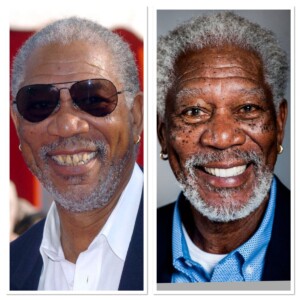Installation of veneers usually requires 3 visits to the dentist: one for consultation and two for the manufacture and installation of microprostheses. One, several teeth, or both jaws can be veneered.
 Diagnostics and Planning
Diagnostics and Planning
At the first consultation (this can be online), the patient tells the dentist about the result he wants to achieve. If during the conversation the doctor decides that there are no contraindications to installing veneers, then an examination will be scheduled. As a rule, diagnosis includes photographs of all teeth. If the patient wishes to do this in a German clinic, then doctors will be able to do not only an orthopantomogram but also immediately create impressions of the jaws to model future veneers.
A dental orthopantomogram is a type of X-ray examination that allows to obtain a clear image of the entire dental system and adjacent tissues. In Germany, the latest generation equipment is used for this.
The patient must undergo an in-person examination of the oral cavity by the doctor who will install the veneers. The doctor will evaluate the gums for the presence of infection, inflammation, or chronic pathologies.
Material Selection
Dental veneers can be made from porcelain or other composite materials. Porcelain veneers are more stain-resistant than other types of veneers. They better imitate the reflective properties of natural teeth. The patient will be able to discuss the benefits of the materials with the dentist during the initial consultation or after diagnosis. Dentists usually recommend:
- composite veneers;
- ceramic veneers;
- zirconium veneers.
Preparation for making overlays
To prepare the jaw for the installation of veneers, it is necessary to grind down the teeth. The dentist will reshape the surface of the tooth by an amount almost equal to the thickness of the veneer. Together with the doctor, the patient decides on the need to anesthetize the area before correcting the volume of the enamel.
The dentist will then take an impression of the tooth. This model is sent to the dental laboratory, which produces the veneers. Finished specimens are returned from the laboratory in a few weeks (these terms should be clarified individually in the clinic). In the meantime, temporary dental veneers can be used.
 Installing veneers on teeth
Installing veneers on teeth
The dentist places the veneer on the tooth to check its fit and colour. If necessary, the doctor adjusts the microprosthesis to achieve a proper fit. Next, the doctor glues the veneers to the teeth. The colour of the veneer can be adjusted depending on the shade of the composite material used.
Next, the tooth is cleaned, polished, and etched with a special substance. Etching imparts roughness to the tooth, which provides a strong bond. Dental cement is applied to the veneer and then placed on the tooth. Once the veneer is properly placed, the dentist will shine a special light beam on it to activate the chemicals in the cement, causing it to harden very quickly. The final steps include removing excess cement, checking the bite, and making any necessary adjustments.


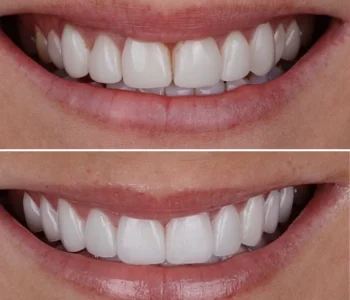
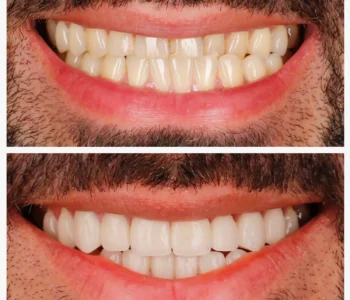
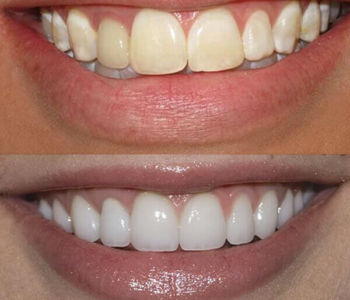
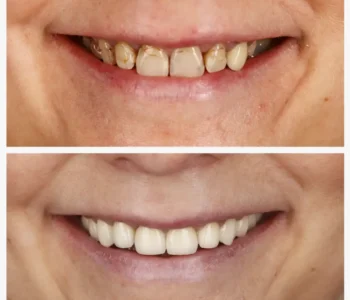
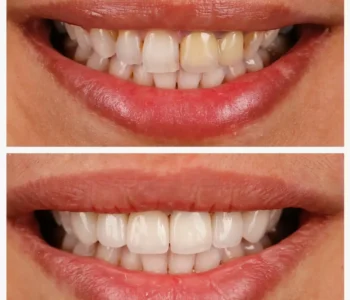
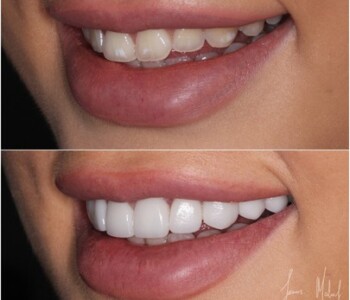
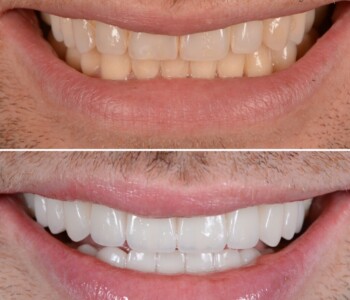
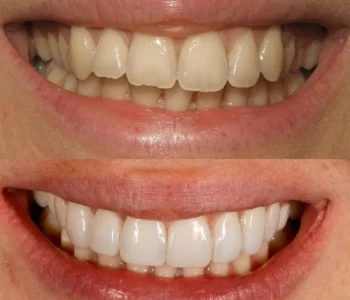
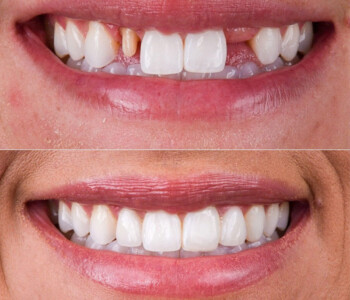
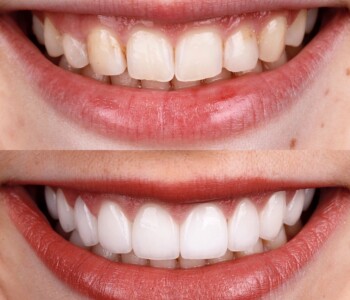













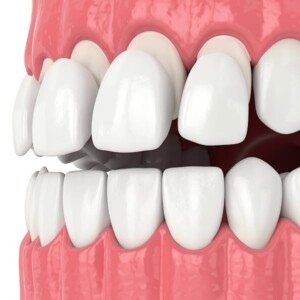 Installation of veneers in Germany is an elite dental service that is available not only to patients from Europe. Thanks to the cooperation of Experts Medical with leading German clinics, people from anywhere in the world can get veneers in Germany from the best specialists.
Installation of veneers in Germany is an elite dental service that is available not only to patients from Europe. Thanks to the cooperation of Experts Medical with leading German clinics, people from anywhere in the world can get veneers in Germany from the best specialists.
 Diagnostics and Planning
Diagnostics and Planning Installing veneers on teeth
Installing veneers on teeth

